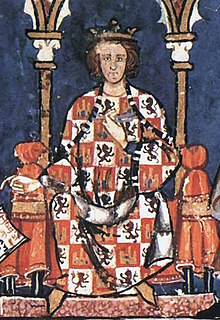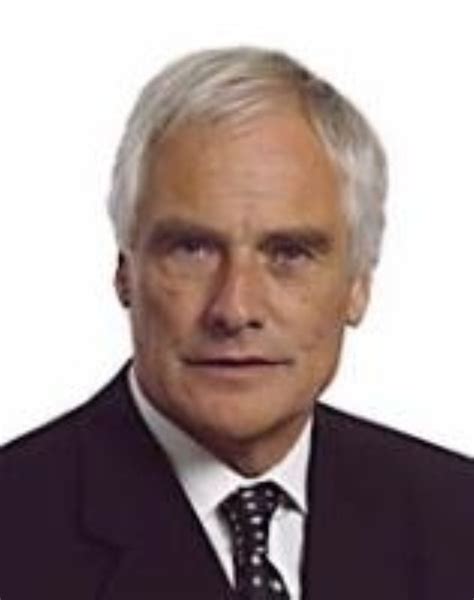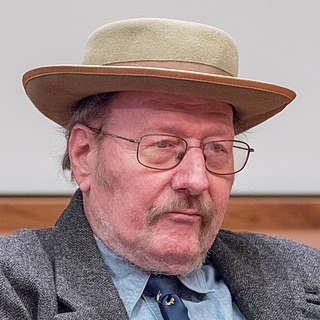A Quote by Alfonso X of Castile
Sensible men no longer belive in miracles; they were invented by priests to humbug the peasants.
Related Quotes
It is like most other ancient books - a mingling of falsehood and truth, of philosophy and folly - all written by men, and most of the men only partially civilized. Some of its laws are good - some infinitely barbarous. None of the miracles related were performed. . . . Take out the absurdities, the miracles, all that pertains to the supernatural - all the cruel and barbaric laws - and to the remainder I have no objection. Neither would I have for it any great admiration.
At first he who invented any art that went beyond the common perceptions of man was naturally admired by men, not only because there was something useful in the inventions, but because he was thought wise and superior to the rest. But as more arts were invented, and some were directed to the necessities of life, others to its recreation, the inventors of the latter were always regarded as wiser than the inventors of the former, because their branches of knowledge did not aim at utility.


































